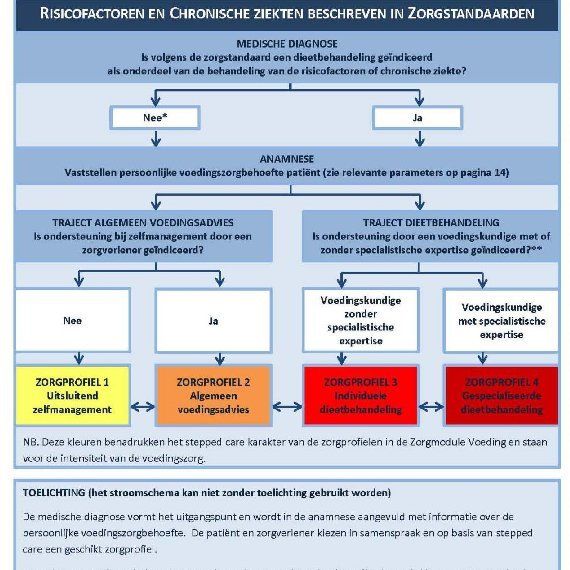Diabetes Mellitus and Gestational Diabetes

What is Diabetes Mellitus?
Did you know that:
- a dietitian has a higher vocational education and post-higher education for Diabetes Mellitus?
- Your dietitian is trained at level 4, the highest level?

Care module nutrition: dietary treatment

Chain care, what is that?

Which diet for Diabetes?
- Now it works
well to lose weight, thanks to Mirjam's good advice. I now have a good understanding of what is best for me to eat
- My blood sugars have dropped very nicely, I'm using now no drugs
more!
- Thanks to the clear and good advice, it is now going so well that I
gestational diabetes
gestational diabetes
Some women get gestational diabetes during pregnancy. This can be caused by pregnancy hormones causing a reduced sensitivity of insulin. Normally, the body produces extra insulin, but gestational diabetes disrupts this process.
When is there an increased risk of gestational diabetes?
- diabetes runs in your family
- you had previous children with a high birth weight, more than 4500 grams
- you had gestational diabetes in a previous pregnancy
- you have had several miscarriages
- you are overweight
- you are of Hindustani, Moroccan or Turkish descent
Gestational diabetes usually develops after the 24th week. If you suspect this, the obstetrician will have you do a test, the OGTT test. You will receive a very sweet drink, after which blood will be drawn. If the result is too high, you will be diagnosed and referred to a dietician. She will help you with nutrition and making blood glucose curves.
Therapy
What does the dietician do in case of gestational diabetes?
- you will be forwarded by the midwife after the diagnosis via care domain. You come to the consultation hour as soon as possible, at the latest within a week.
- You will receive a starter package with a glucose meter from the dietician (reimbursement from the basic package, they can request it via an authorization for the insurance company).
- she will teach you how to test and make glucose curves and you will keep a food diary
- you discuss your diet and receive information about it that you must adhere to. You learn a lot about carbohydrates, which are, which are not, how to distribute them throughout the day. A low-carbohydrate diet is NOT allowed during pregnancy.
- In the beginning, you send the curve to the dietitian daily with your food diary, if it goes well, you can do it less often, up to 2 times a week.
- If all goes well, you will stay with the midwife until the birth. You will visit the dietician 2-3 times. Unless more appointments are needed.
- The dietician works together with your obstetrician
- if the glucose values are not good, the obstetrician will refer you to the hospital.
both the dietitian and the glucose meter starter package are covered by the basic insurance and the statutory excess, please bear this in mind.




